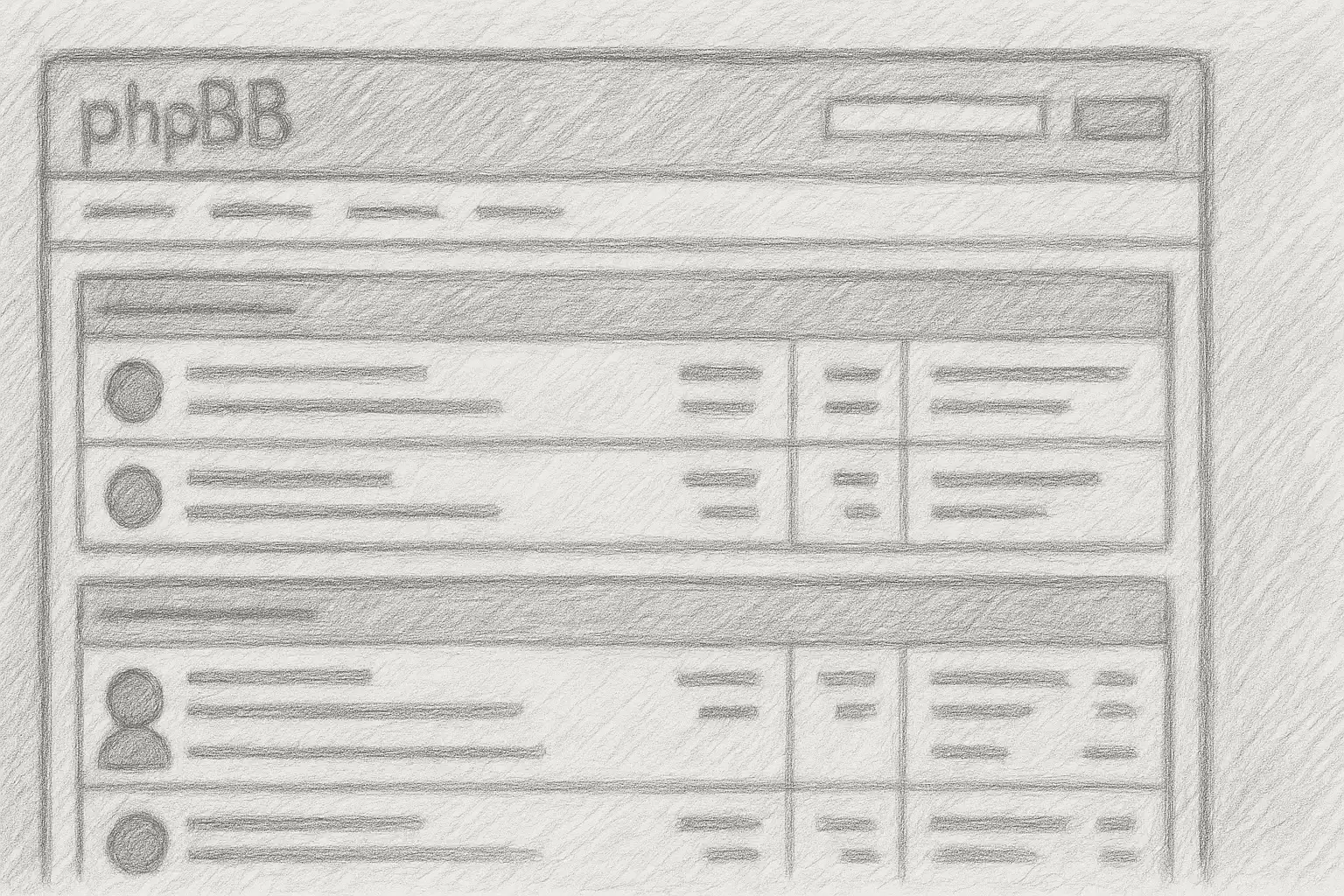A List of Open Source Community Platforms

Open-source community platforms have ruled the Internet for decades. Open source allowed the makers offer full code access, zero licensing fees and vibrant developer communities.
From veteran boards like phpBB and myBB to real-time systems like Discourse and NodeBB, we have picked the top open-source community platforms each with its origin story, key features and ideal use case.
Open Source means you can view, modify and share software’s code freely. This allows for greater customization and control over your community. Over the time, these platforms have evolved from being simple discussion forums to offering an inclusive community experience.
Whether you are looking to start a new community or just exploring the available options, this list of community forums will give you everything you want.
We’ve covered the topic of “Self-Hosted Vs. Fully Managed” community platforms. Do give it a read before you dive into the list. You may also read our discussion on the Best PHP Forum Software.